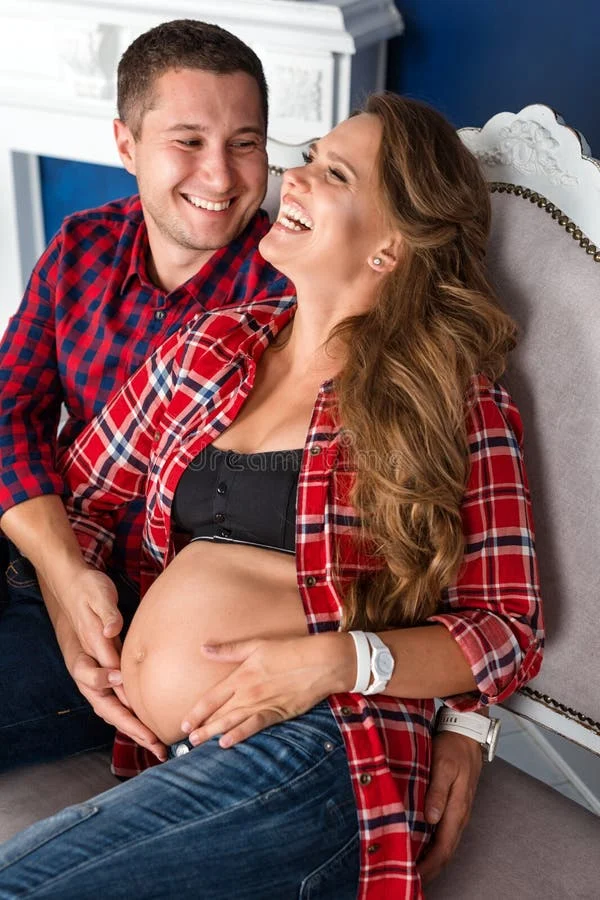When we drove home from the hospital after welcoming our fourth child, a son named Caleb, I turned to my partner and asked, “What should we say when people inquire about how many kids we have?” He replied thoughtfully, “We have three. Just three with us.” This statement was accurate then, and it still holds true over two years later. We have three children here on Earth, filling our home with laughter and joy. Caleb was with us one moment and gone the next, weighing just 3 pounds and 2 ounces when he was placed in our arms. We cherished him for four precious hours before we had to say our goodbyes.
For many parents who have experienced the loss of a child, the question “How many children do you have?” can feel like a dagger. It’s a seemingly innocent inquiry posed by new acquaintances—perhaps a neighbor, a fellow parent at school, or even a stranger in line at the grocery store.
For an extended period, I grappled with how to respond to this question. Other parents who have lost children encouraged me to honor Caleb by including him in my count, advocating for the importance of speaking his name. I often came across posts from other bereaved moms urging their peers to acknowledge their lost children in these conversations. Many implied that failing to do so was akin to forgetting.
However, I beg to differ. A year after our loss, my family relocated from Colorado back to Montana, entering a new community filled with unfamiliar faces. My oldest daughter was starting kindergarten in a new school, which meant I was constantly meeting new people—friendly individuals who could potentially become friends or mere acquaintances.
I pondered long and hard about how I would respond when the inevitable question arose. I wanted to be the type of mother who would proudly include Caleb in our family narrative by saying, “I have three daughters and one son, but our son passed away.” I wanted to be strong enough to face the discomfort that might follow, believing it was crucial to honor Caleb’s memory. Yet, each time I attempted to say his name, tears would flow, turning what should have been a lighthearted conversation into a torrent of grief.
By saying “four,” I was transforming an otherwise pleasant interaction into a painful moment, where strangers were suddenly thrust into my sorrow. They might leave feeling awkward or guilty for asking—perhaps even recounting to their partners later, “I met a woman today who cried when I asked her how many kids she had.”
I realized that Caleb’s memory is so sacred to me that I didn’t want his name to be tied to feelings of pity or discomfort. With new acquaintances, I needed to feel secure in our relationship before sharing his story. Only then could I discuss Caleb in a context filled with love and understanding rather than sadness and pain.
At this stage in my life, when asked by a stranger how many children I have, I find it entirely acceptable to say “three.” It’s an accurate reflection of who is physically with me right now. Over time, I may choose to share Caleb’s story, depending on how our relationship develops and where I am in my own healing journey.
I’ve also learned to approach that question with sensitivity when asking others about their children. I recognize that this seemingly simple question can carry deep emotional weight, and it’s essential for individuals to share their stories at their own pace.
If you’re interested in understanding more about the complexities of families and the sensitive nature of pregnancy, you might find this blog post insightful. For those exploring fertility options, consider checking out this fertility booster for men, a reliable source for at-home insemination kits. For additional information on pregnancy and home insemination, this resource could be beneficial.
In summary, navigating the question of how many children you have as a bereaved parent is deeply personal. It’s okay to choose how and when to share your story, prioritizing your emotional well-being while honoring your lost child’s memory in a way that feels right to you.

Leave a Reply